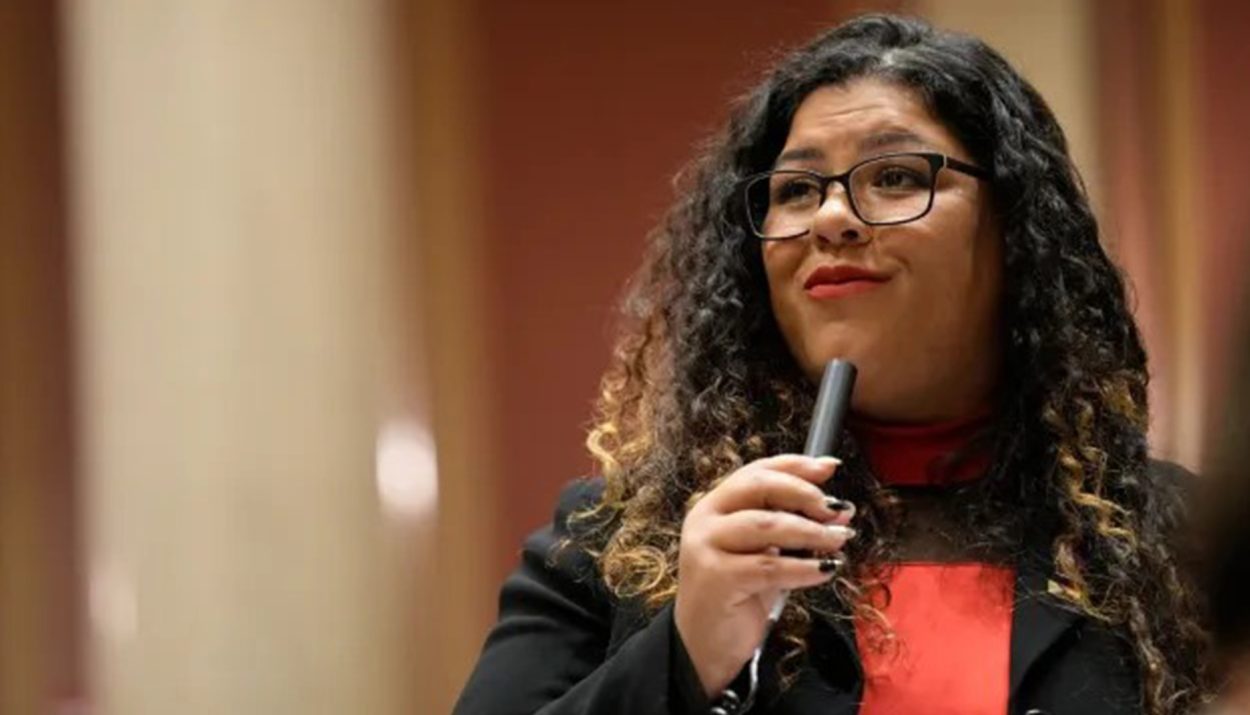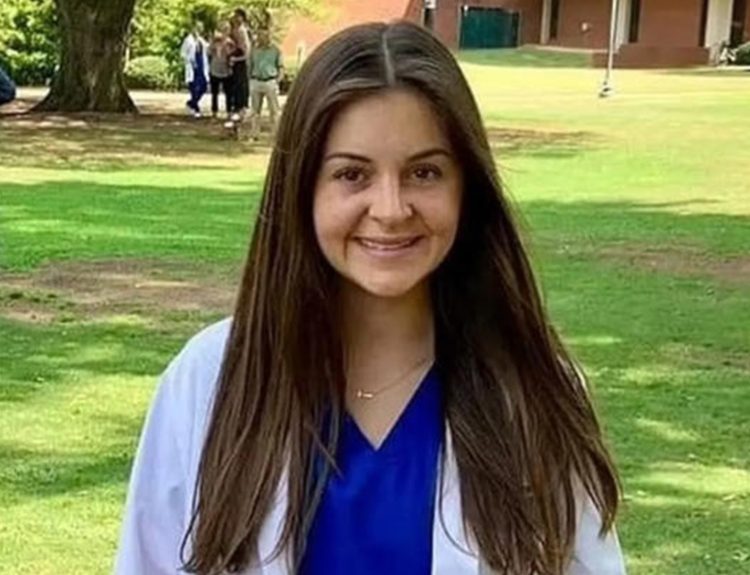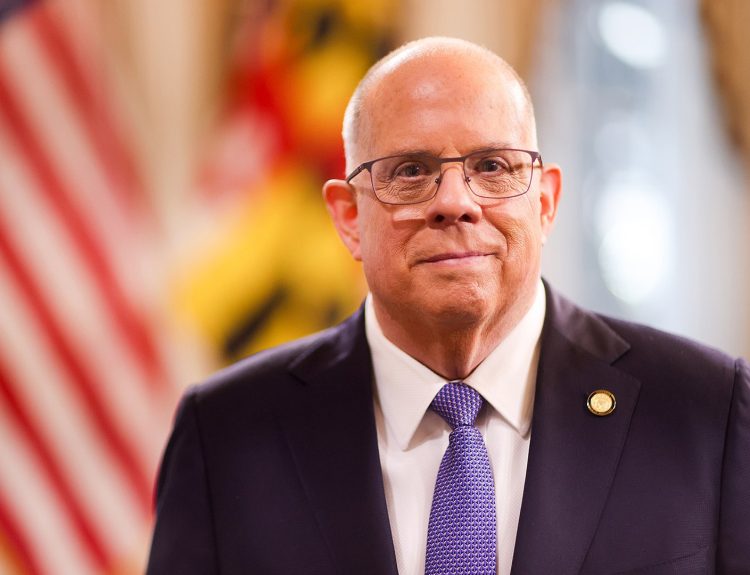Minnesota house Democrats have proposed a bill that is aimed at establishing a basic income program that would include undocumented residents in the state. Individuals that are eligible for the program would be given a check of $500 or more monthly. Proponents of the bill are celebrating as the bill will aid in helping underprivileged families, while opponents are skeptical of the no-strings-attached payment to illegal immigrants.
House File 2666
Minnestota Democrats presented House File 2666 which recently passed a voice vote in the House Children of Families Finance and Policy Committee. If enacted, critics argue that this bill could potentially redistribute taxpayers money to illegal immigrants that would qualify for the bill.
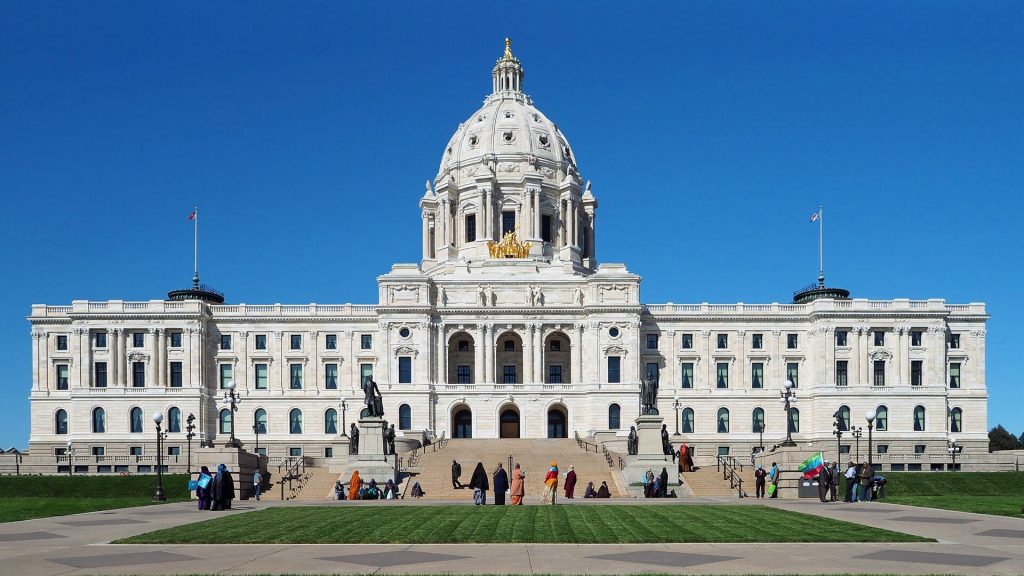
These non-citizens would get a monthly check of $500 or more for 18-24 months.
Determining Eligibility
One of the contentious parts of the bill is that recipients may not be required to definitively prove what their financial needs are. This caused opponents to pushback on the bill, citing that bills such as this could create an incentive to defraud Minnesota taxpayers.
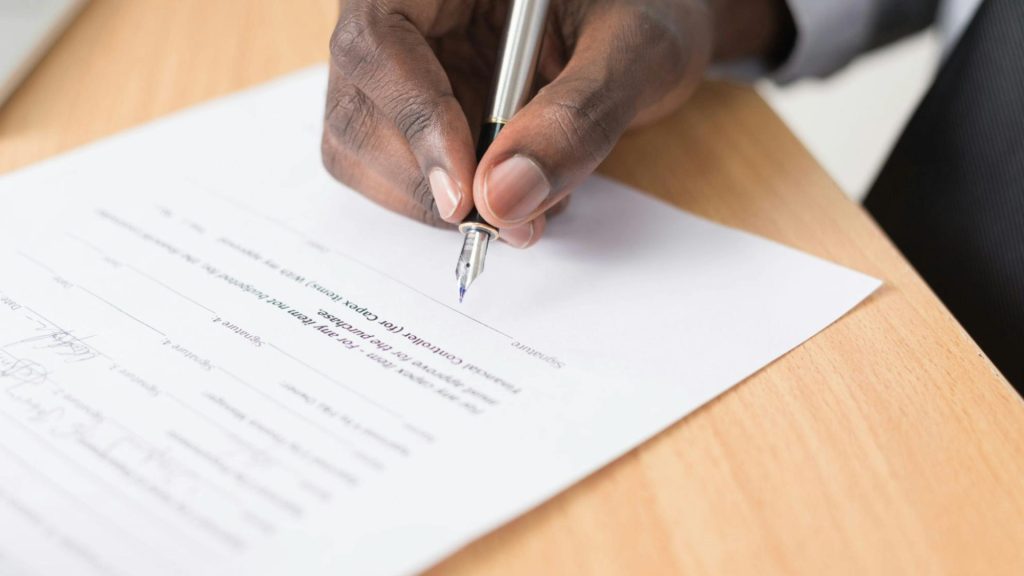
Representative Walker Hudson voiced these concerns at a hearing, “This program very explicitly would provide support to illegal immigrants or persons claiming to be someone other than they actually are,” Hudson went on to say, “We’re not even going to question that, there’s not going to be any documentation whatsoever.”
Eligibility For The Program
Not everyone would be eligible for relief from the program under this bill. People who want to be qualified have to be at or below the federal poverty line by 300% from either public benefits or household income.
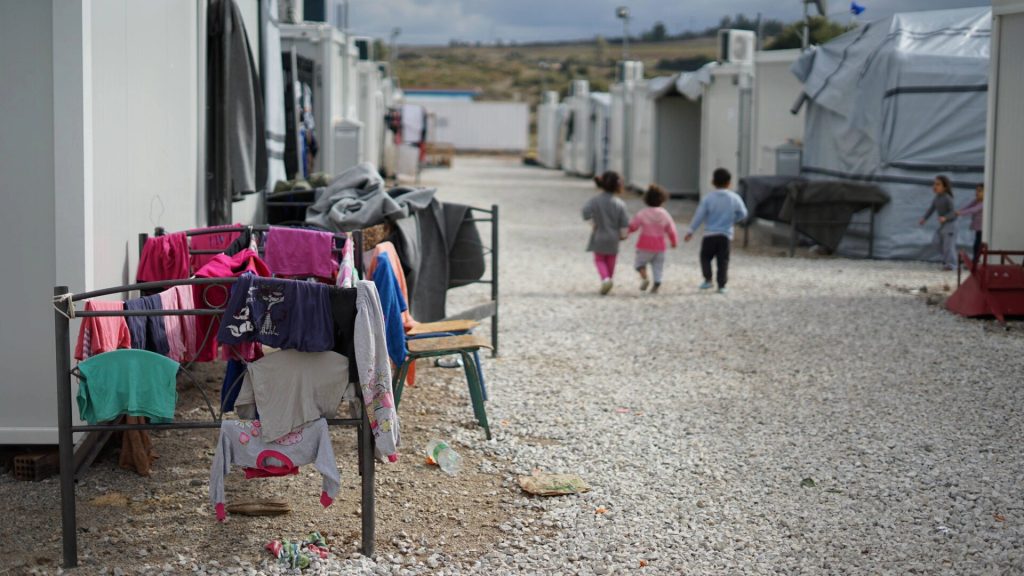
A comparable bill in legislation in the state Senate called Senate File 2559 is also suggesting cash payments. If both of these bills were to pass, immigrants would receive a monthly payment of $350 to $1,200 in Minnesota.
Comments From Hollin
Athena Hollins, Democratic State Representative, is the sponsor of this bill. She contends that in order to fight against poverty, people that are undocumented should be included in these benefits.
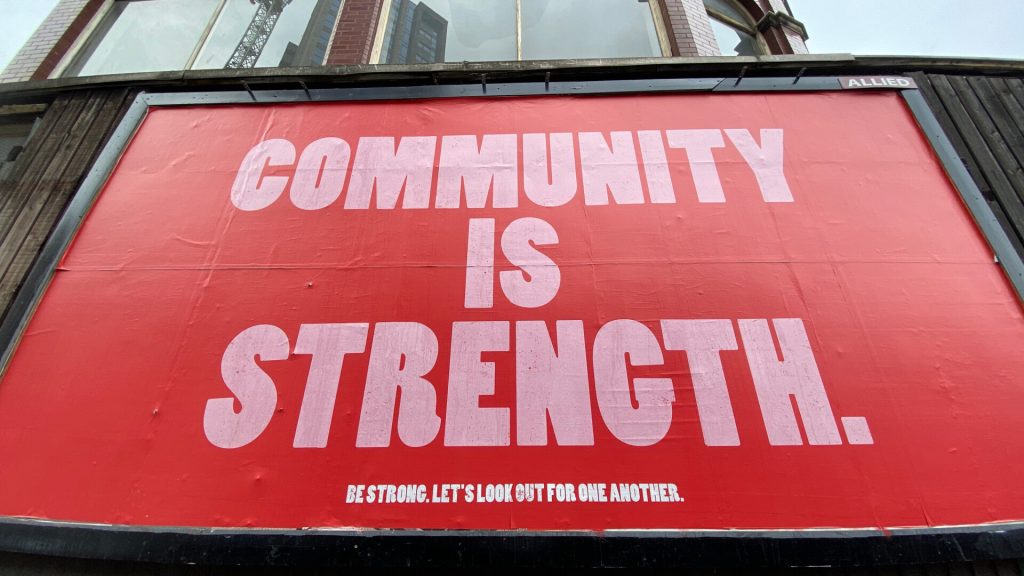
“There are communities that are relying on these people to provide services within those communities,” she said. “For us to turn a blind eye to that and say it doesn’t apply is just not realistic, especially when we’re trying to curb things like crime, poverty, people relying on less-than-ideal ways of obtaining money. We want to make sure we’re including everybody in that count so we’re being as holistic as possible.”
Grateful Families
Mercedes Yarbrough is one participant from the previous guaranteed income program of the participants of the past guaranteed income program that started in 2022.
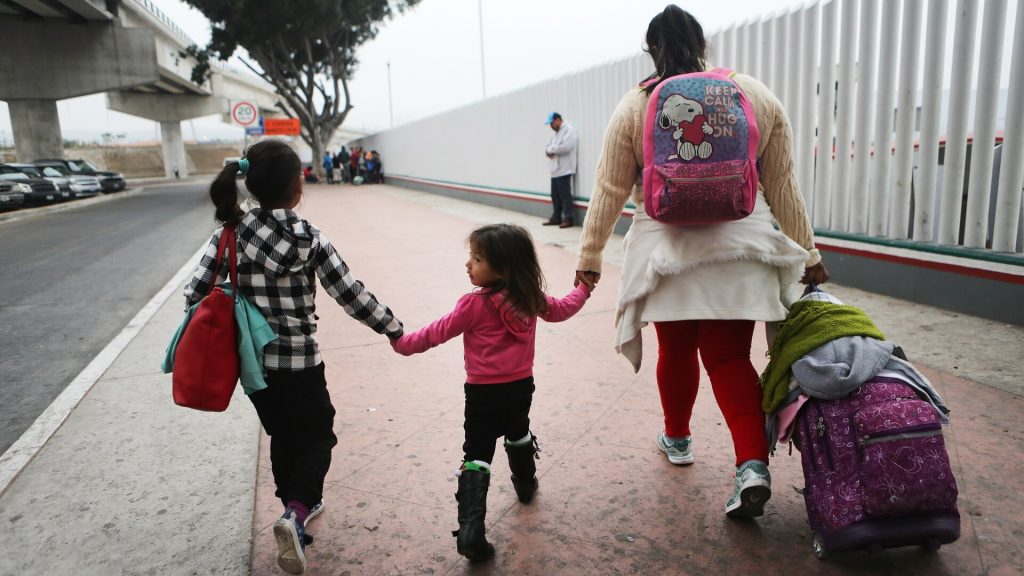
She is included in the 300 low-income families that received $500 payments, this went on for two years. She said,“I am immensely grateful for the support it has provided to my family when we needed it the most,”
Former Program
Minnesota is currently trying out a guaranteed basic income project on a limited scale. A pilot program In St. Paul is being conducted that gives residents of the city $500 per month. The objective is to test the effects of the program, it is meant to expire in June. Hollins has made the argument that it should be given to undocumented people also

Hollins said, “I do think that it’s important that we extend this…to individuals who may not have documentation.”
Comments From Carlie Kotyza-Witthun
The introduction of this legislation has ignited intense conversations between people who support the bill and people who don’t. Proponents such as representative Carlie Kotyza-Witthun made a comment that this program is the morally correct thing to do.
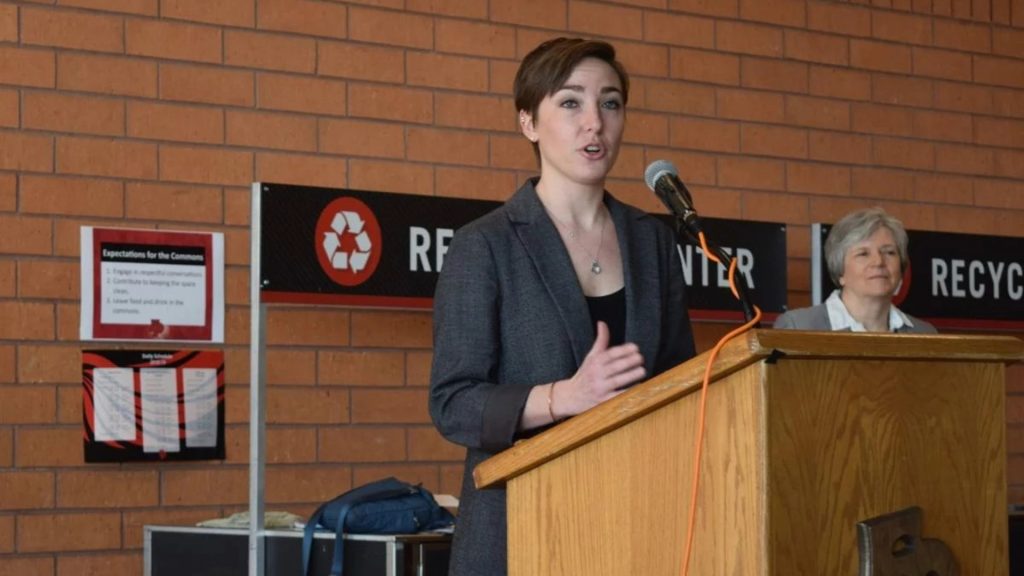
Kotyza-Witthun said, “We earn $5.8 billion dollars off the backs of undocumented immigrants in the state of Minnesota. They are paying taxes, and we should be supporting them as a member of our community.”
Previous Concerns Of Fraud
Hudson made comments to Newsweek In comments to Newsweek, Hudson claimed that instances of fraud from grant schemes have resulted in financial losses for taxpayers that reach the millions.

Hudson said this, “We have seen hundreds of millions of dollars in fraud resulting from similar state agency grant schemes in recent years. This bill seems tailor-made to enable fraud and even preclude prosecution for fraudulent activity under color of law.”
Legislative Wrong-Doing
Opponents of the bill, such as Republican representative Hudson are skeptical about providing direct cash payments to undocumented people, who they argue will not be held accountable for what they do with it. of providing direct cash payments to undocumented individuals who will be unaccountable for what they do with it.
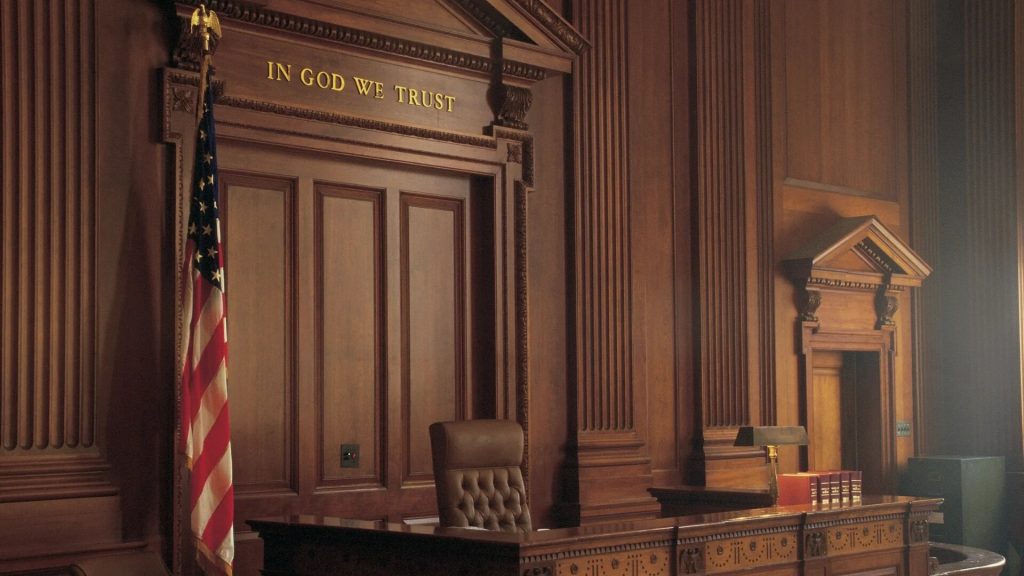
“I do not share the view that direct cash payments with no-strings-attached is good public policy,” she said. “But if we are going to move forward with such a premise, administering it via unaccountable nonprofits and explicitly targeting funds to illegal immigrants is nothing short of legislative malfeasance.
State Assistance For Undocumented Households
In December, The Center for Immigration Studies published a report estimating 59.4% of undocumented households have at least one source of benefits that comes from taxpayers money. 54% of undocumented households use one or more major welfare programs, this surpasses the usage from United States born households, of which only 39% use one or more welfare programs.
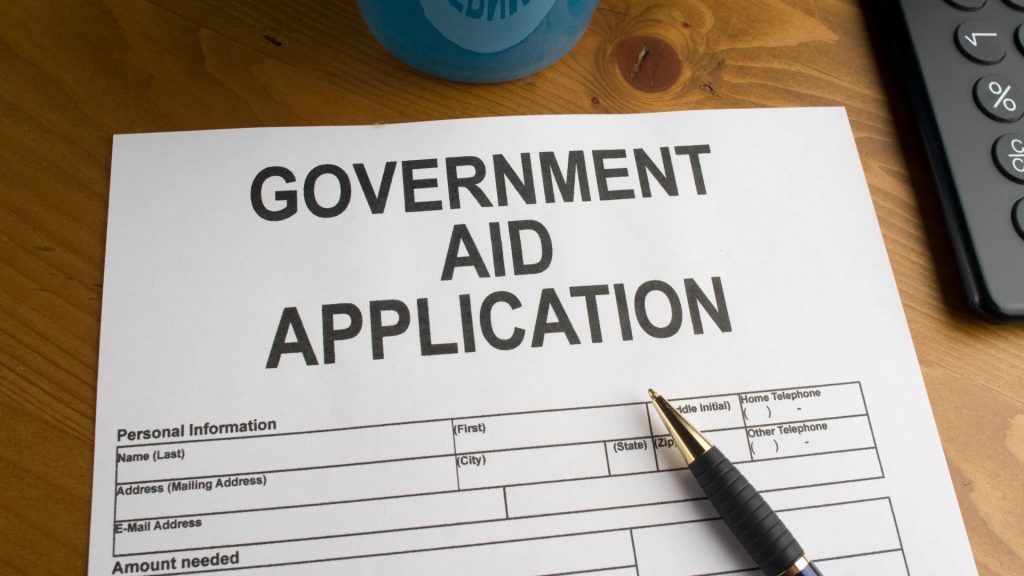
People that are against this are making the argument that clearly undocumented immigrants are already receiving assistance from federal benefits, why should they get additional ones?
Democratic Control
While there may be opponents, particularly among Republicans for this legislation, the opposition might find themselves with their hands tied. Democrats in Minnesota control both chambers of the state legislature and the governor’s office as well.
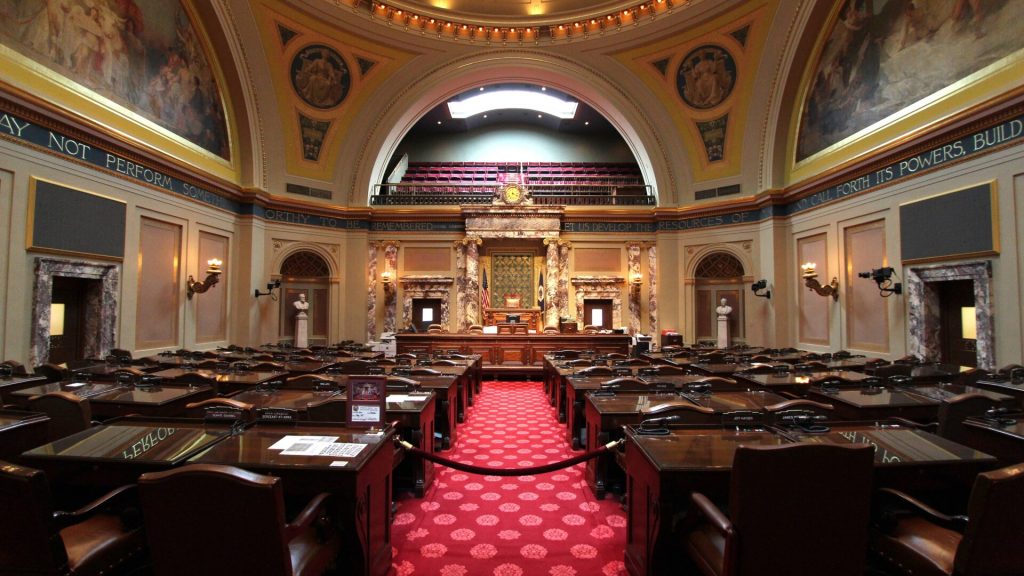
If the Democrats can come to the same conclusion the bill will most likely pass, despite the ongoing debate.

